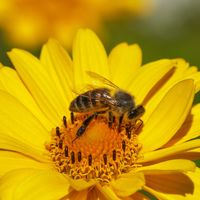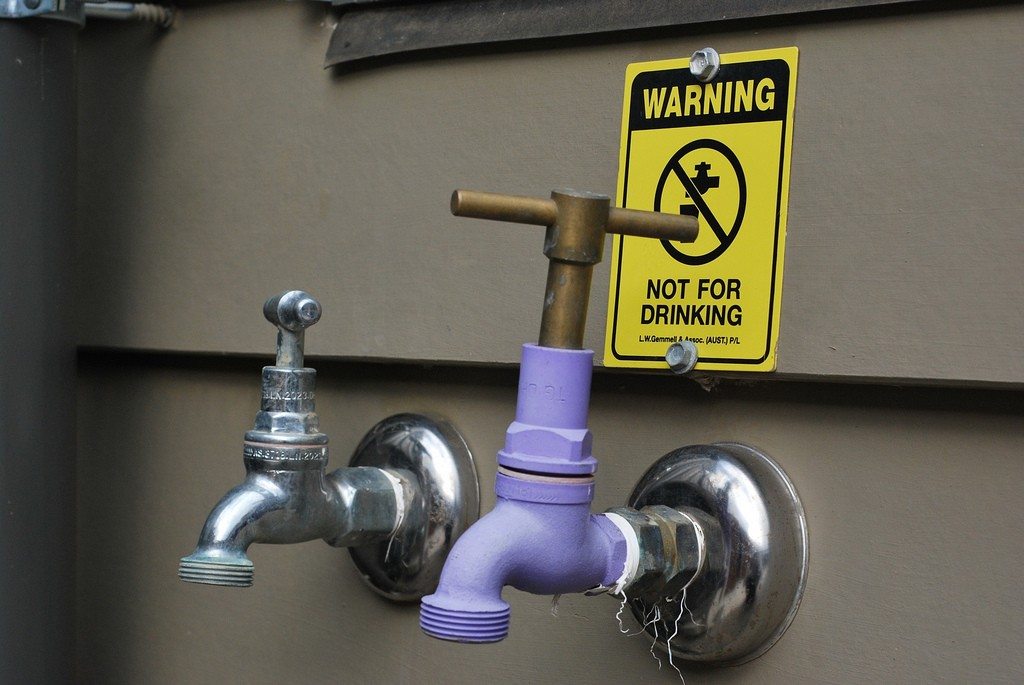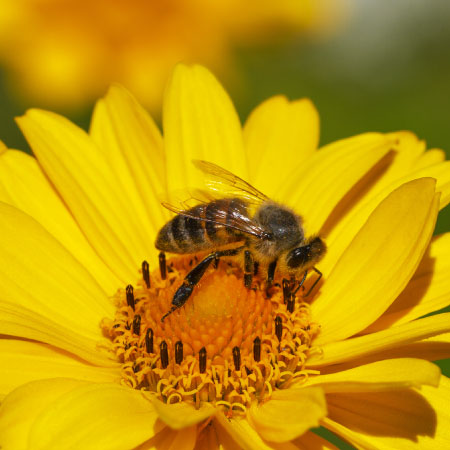Graywater Effect On Plants - Is It Safe To Use Graywater In The Garden


The average household uses 33 percent of the fresh water coming into the home for irrigation when they could be using graywater (also spelled greywater or gray water) instead. Using graywater to irrigate lawns and gardens saves a precious natural resource with little or no effect on plants, and can save your lawn and garden during periods of drought when water use is restricted. Keep reading to learn more about watering plants with graywater.
What is Graywater?
So what is graywater and is it safe to use graywater for vegetable gardens and other plantings? Graywater is water recycled from household use. It is collected from sinks, tubs, showers, and other safe sources for use on lawns and gardens. Black water is water that comes from toilets and water that has been used to clean diapers. Never use black water in the garden. Watering plants with graywater may introduce chemicals such as sodium, boron, and chloride into the soil. It may also increase the salt concentration and raise the soil pH. These problems are rare, but you can control many of these adverse effects by using environmentally safe cleaning and laundry products. Use periodic soil tests to monitor the pH and the concentrations of salts. Protect the environment by applying the water directly to the soil or mulch. Sprinkler systems create a fine mist of water particles that are easily blown downwind. Water only as long as the soil absorbs the water. Don't leave standing water or allow it to run off.
Is it Safe to Use Graywater?
Graywater is generally safe as long as you exclude water from toilets and garbage disposals as well as water used to wash diapers. Some state regulations also exclude water from kitchen sinks and dishwashers. Consult your local building codes or health and sanitation engineers to find out about regulations concerning the use of graywater in your area. Many areas have restrictions on where you can use graywater. Don't use graywater near natural bodies of water. Keep it at least 100 feet (30.5 m.) from wells and 200 feet (61 m.) from public water supplies. While it is safe to use graywater for vegetable gardens in some cases, you should avoid using it on root crops or spraying it on edible parts of the plants. Use your supply of graywater on ornamental plants and use fresh water on vegetables as much as possible.
Graywater Effect on Plants
Graywater should have little to no adverse effects if you avoid using water that may contain fecal matter and follow these precautions when watering plants with graywater:
- Avoid spraying graywater directly on the trunks of trees or on plant foliage.
- Don't use graywater on plants confined to containers or young transplants.
- Graywater has a high pH, so don't use it to water acid-loving plants.
- Don't use graywater to irrigate root vegetables or spray it on edible plants.
Sign up for the Gardening Know How newsletter today and receive a free copy of our e-book "How to Grow Delicious Tomatoes".

Jackie Carroll has written over 500 articles for Gardening Know How on a wide range of topics.